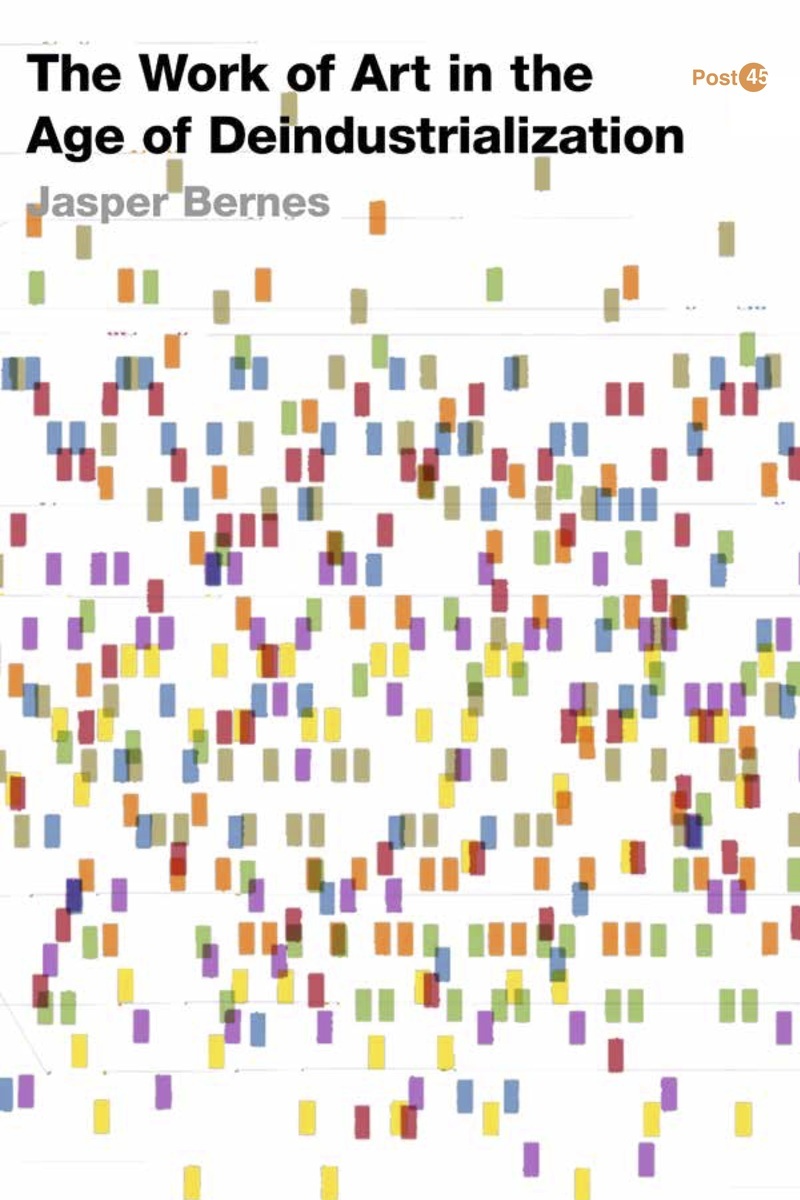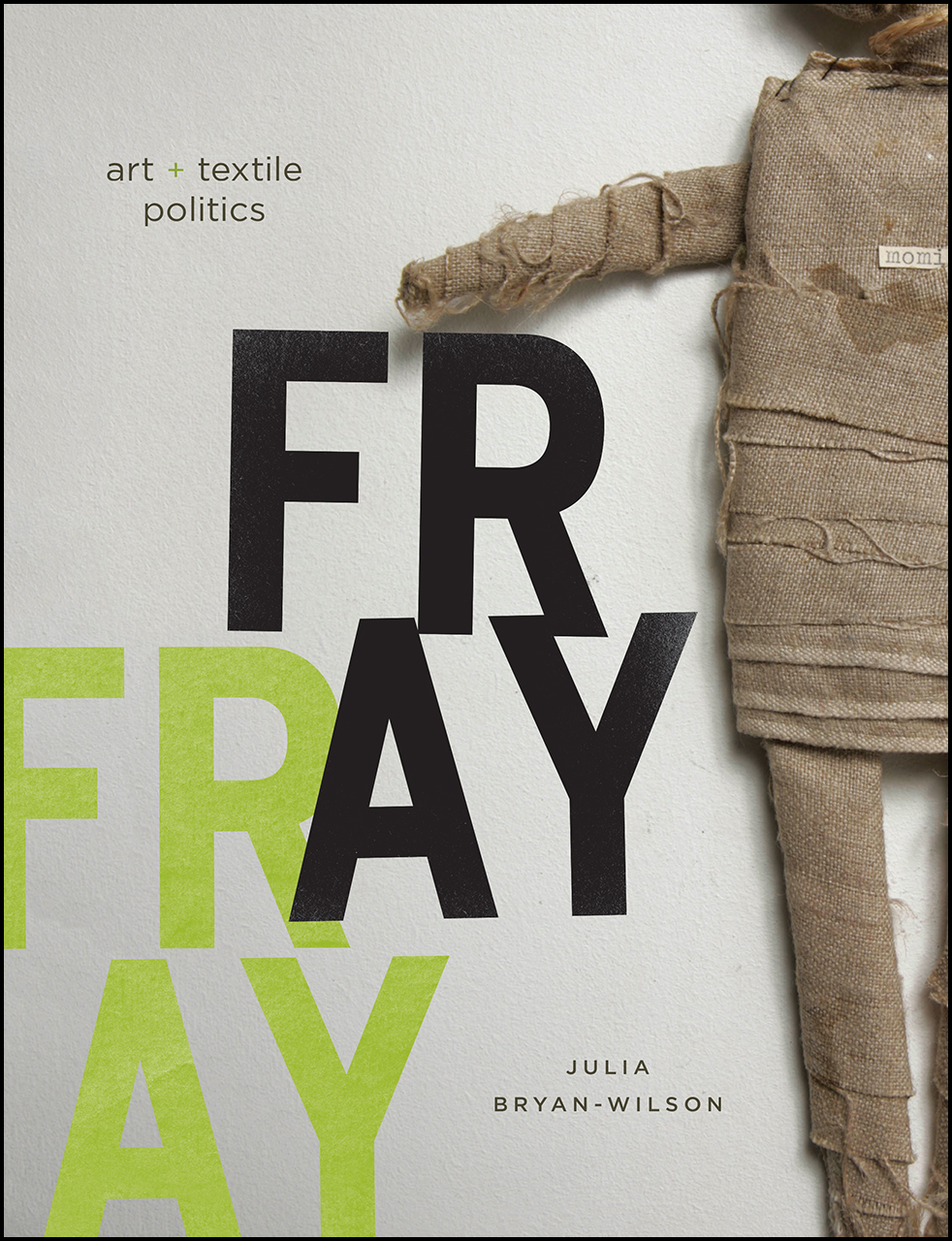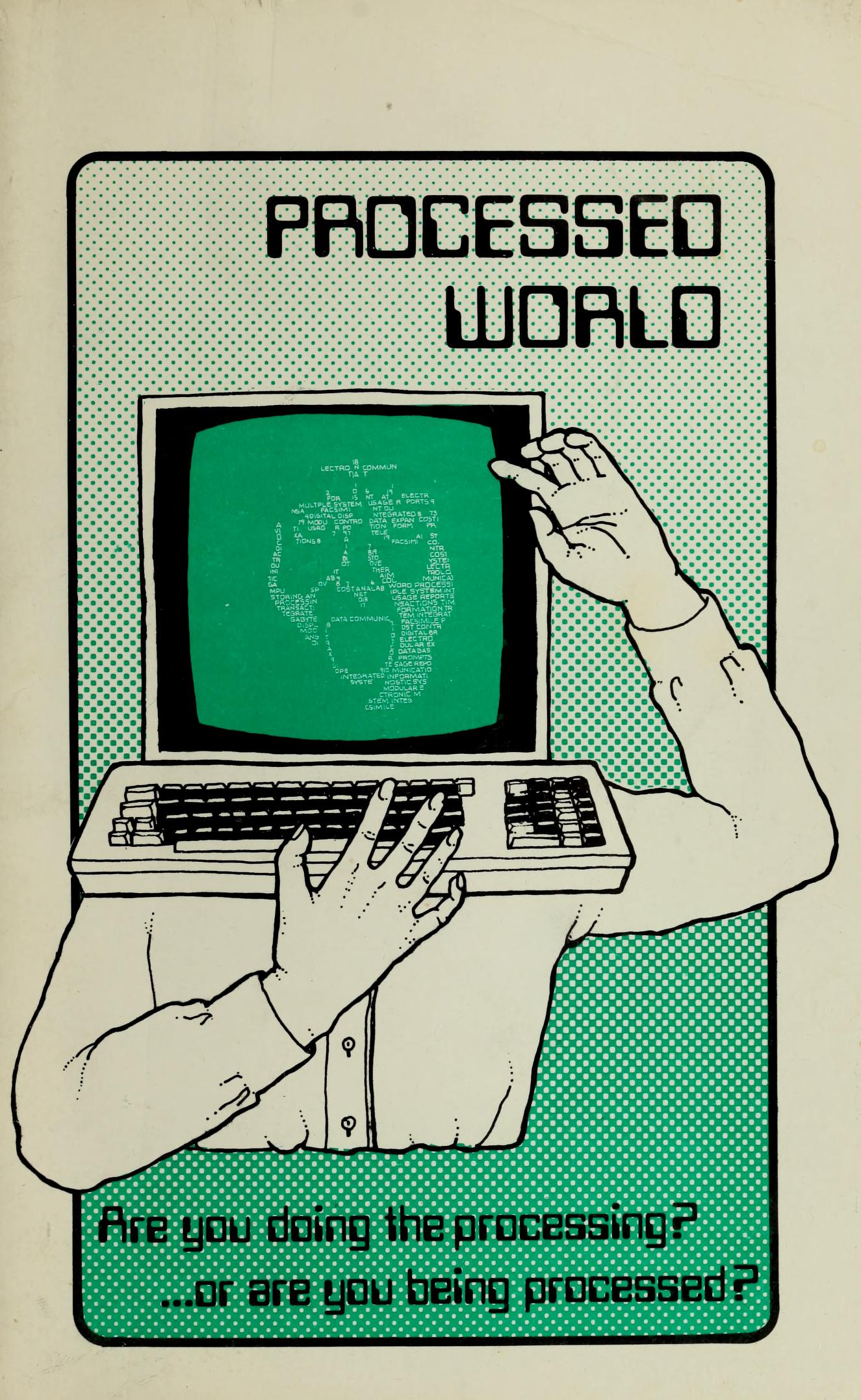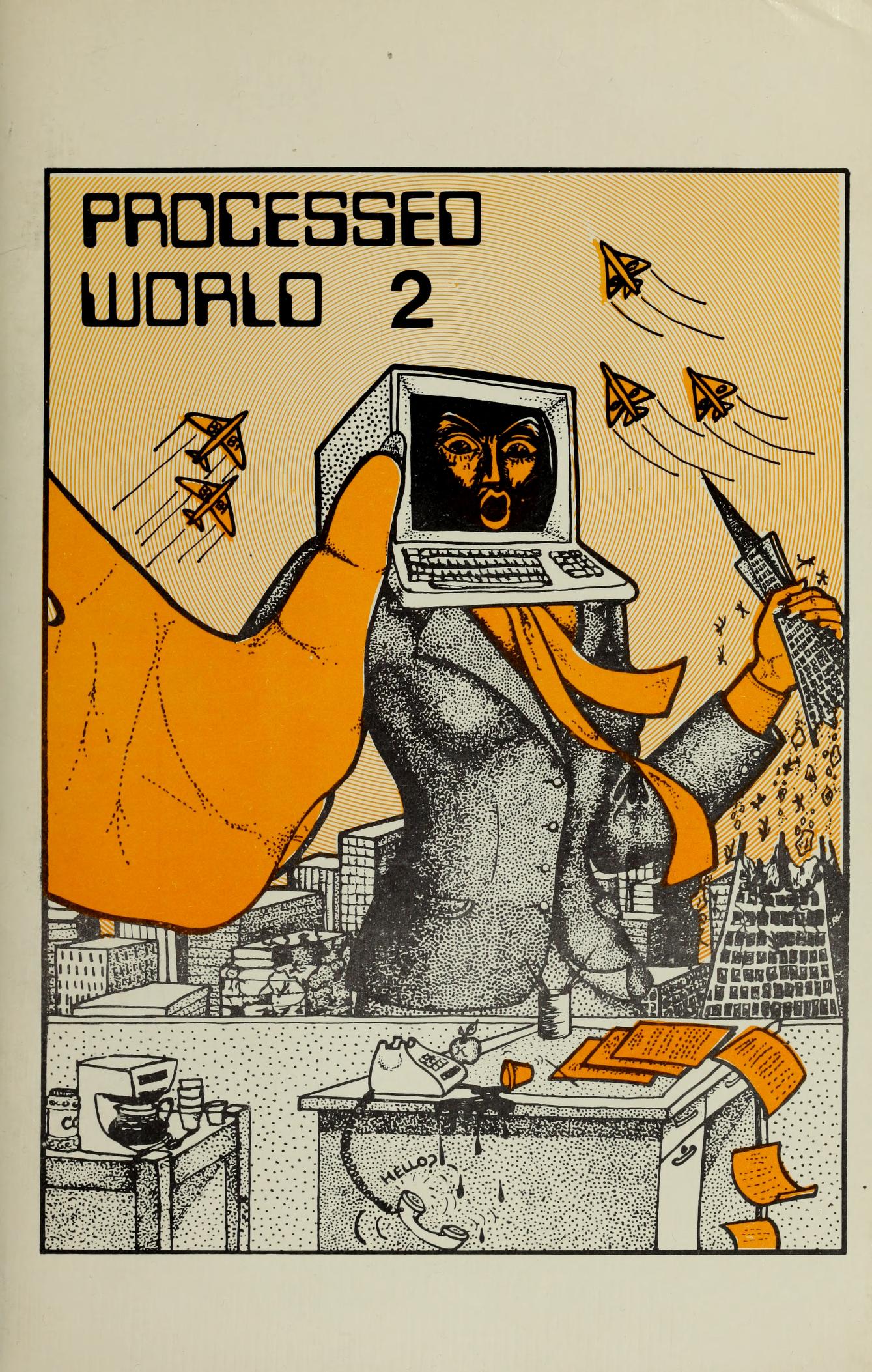Jasper Bernes: The Work of Art in the Age of Deindustrialization (2017)
Filed under book | Tags: · aesthetics, avant-garde, capitalism, cybernetics, information, labour, literary criticism, marxism, poetry, postindustrial, productivity, taylorism, technology, work

“A novel account of the relationship between postindustrial capitalism and postmodern culture, this book looks at American poetry and art of the last fifty years in light of the massive changes in people’s working lives. Over the last few decades, we have seen the shift from an economy based on the production of goods to one based on the provision of services, the entry of large numbers of women into the workforce, and the emergence of new digital technologies that have transformed the way people work. The Work of Art in the Age of Deindustrialization argues that art and literature not only reflected the transformation of the workplace but anticipated and may have contributed to it as well, providing some of the terms through which resistance to labor was expressed. As firms continue to tout creativity and to reorganize in response to this resistance, they increasingly rely on models of labor that derive from values and ideas found in the experimental poetry and conceptual art of decades past.”
Publisher Stanford University Press, 2017
Post ’45 series
ISBN 9780804796415, 0804796416
viii+231 pages
Reviews: Stevphen Shukaitis (Marx & Philosophy Review of Books, 2017), Julian Murphet (Affirmations, 2017), Vince Carducci (Public Seminar, 2017).
Comment (0)Julia Bryan-Wilson: Fray: Art and Textile Politics (2017)
Filed under book | Tags: · activism, aids, art, art criticism, art history, craft, feminism, fiberwork, folk art, gender, handmaking, labour, politics, queer, quilting, race, textile, textile design, weaving

“In 1974, women in a feminist consciousness-raising group in Eugene, Oregon, formed a mock organization called the Ladies Sewing Circle and Terrorist Society. Emblazoning its logo onto t-shirts, the group wryly envisioned female collective textile making as a practice that could upend conventions, threaten state structures, and wreak political havoc. Elaborating on this example as a prehistory to the more recent phenomenon of “craftivism”—the politics and social practices associated with handmaking—Fray explores textiles and their role at the forefront of debates about process, materiality, gender, and race in times of economic upheaval.
Closely examining how amateurs and fine artists in the United States and Chile turned to sewing, braiding, knotting, and quilting amid the rise of global manufacturing, Julia Bryan-Wilson argues that textiles unravel the high/low divide and urges us to think flexibly about what the politics of textiles might be. Her case studies from the 1970s through the 1990s—including the improvised costumes of the theater troupe the Cockettes, the braided rag rugs of US artist Harmony Hammond, the thread-based sculptures of Chilean artist Cecilia Vicuña, the small hand-sewn tapestries depicting Pinochet’s torture, and the NAMES Project AIDS Memorial Quilt—are often taken as evidence of the inherently progressive nature of handcrafted textiles. Fray, however, shows that such methods are recruited to often ambivalent ends, leaving textiles very much “in the fray” of debates about feminized labor, protest cultures, and queer identities; the malleability of cloth and fiber means that textiles can be activated, or stretched, in many ideological directions.
The first contemporary art history book to discuss both fine art and amateur registers of handmaking at such an expansive scale, Fray unveils crucial insights into how textiles inhabit the broad space between artistic and political poles—high and low, untrained and highly skilled, conformist and disobedient, craft and art.”
Publisher University of Chicago Press, 2017
ISBN 9780226077819, 0226077810
326 pages
via slowrotation
Reviews: Holland Cotter (New York Times, 2017), Barbara Wisnoski (J Canadian Art History, 2018), Alexa Griffith Winton (J Design History, 2019), Janis Jefferies (Art Bulletin, 2019), Elizabeth S. Hawley (Winterthur Portfolio, 2019), Jayme Collins (InVisible Culture, 2019), Jason Edwards (Sculpture J, 2019), Katarzyna Falęcka (J Visual Culture, 2021).
Video interview with author (with Lynne Cooke, NGA, 60 min, 2017)
PDF (18 MB)
Comment (0)Processed World, 1-33 + 2.001 + 2.005 (1981-2005)
Filed under magazine | Tags: · activism, anarchism, employment, information economy, labour, subversion, work


Processed World is an anarchist magazine about the absurdity of modern office work. The magazine was founded in 1981. No new issues have been produced since 2005.
The magazine is about the absurdity and futility of modern employment practices in which a large number of college-educated people are often forced to seek temporary work with no worker benefits. The magazine details the subversive attitudes and sense of humor required for workers to be able to get through the day when forced to perform dull, degrading and boring work as wage slaves doing modern office work such as working as a computer programmer, word processor, call center operator, data entry operator, telemarketer or file clerk.
The print magazine was widely distributed to and read by office workers in Downtown San Francisco during the years the print magazine was published from 1981 to 1992.
Writers that have had work published by the magazine include Chris Carlsson, Fred Rinne, Adam Cornford, John Norton, Jesse Drew, and Donna Kossy. The magazine featured cartoons by artists such as Tom Tomorrow, Jay Kinney, and Paul Mavrides. (Wikipedia)
Publisher Processed World, San Francisco, 35 numbers, 1981-2005
via fcr
Commentary: Jacob Silverman (Baffler, 2014)
HTML
PDF and other formats (Internet Archive)

